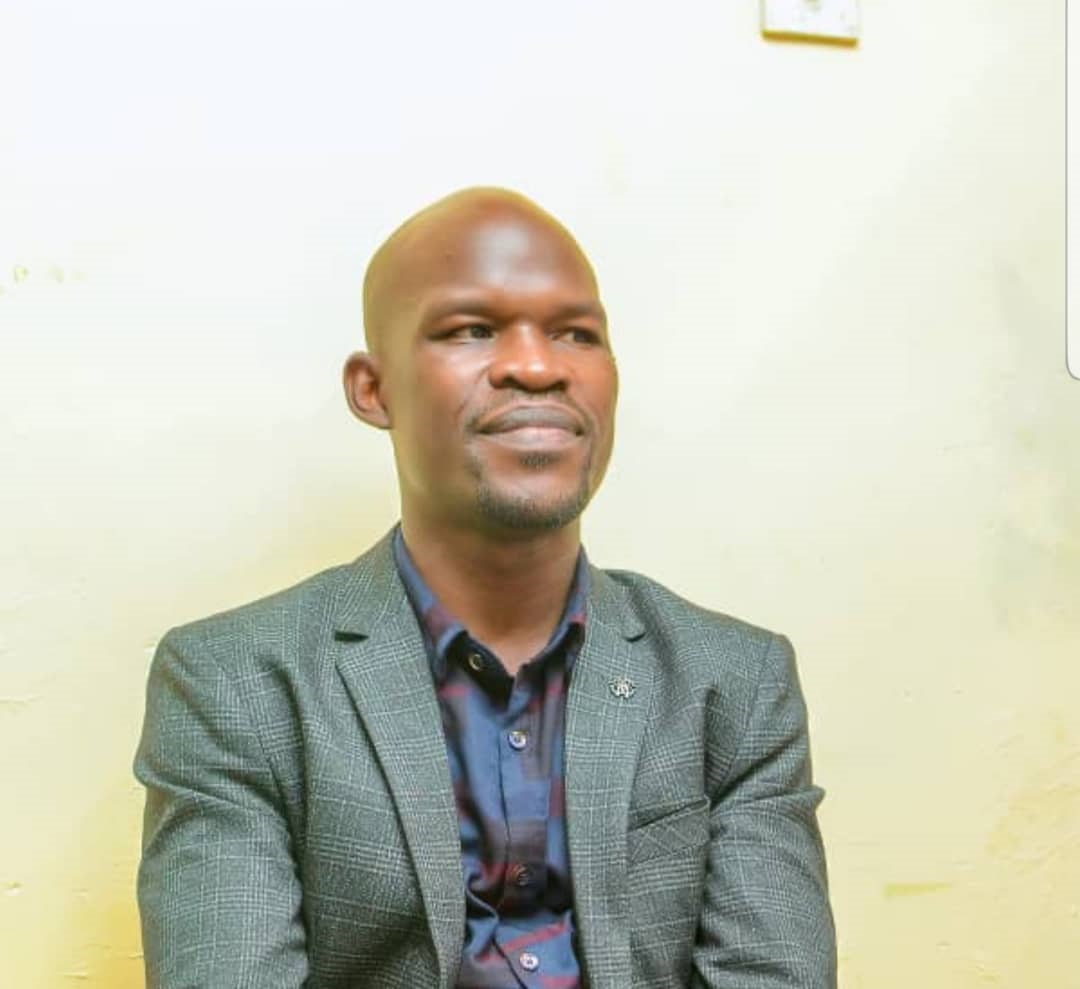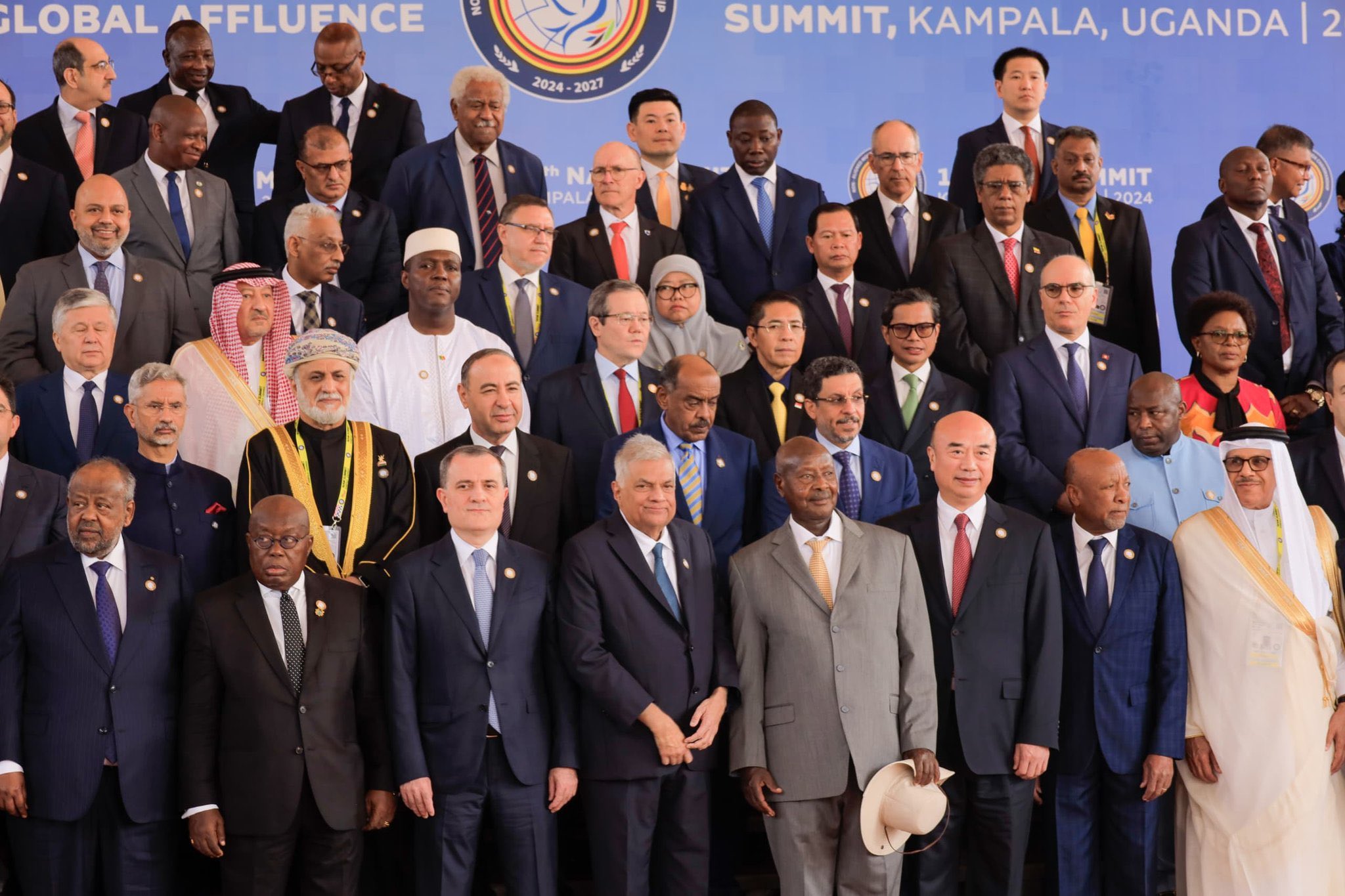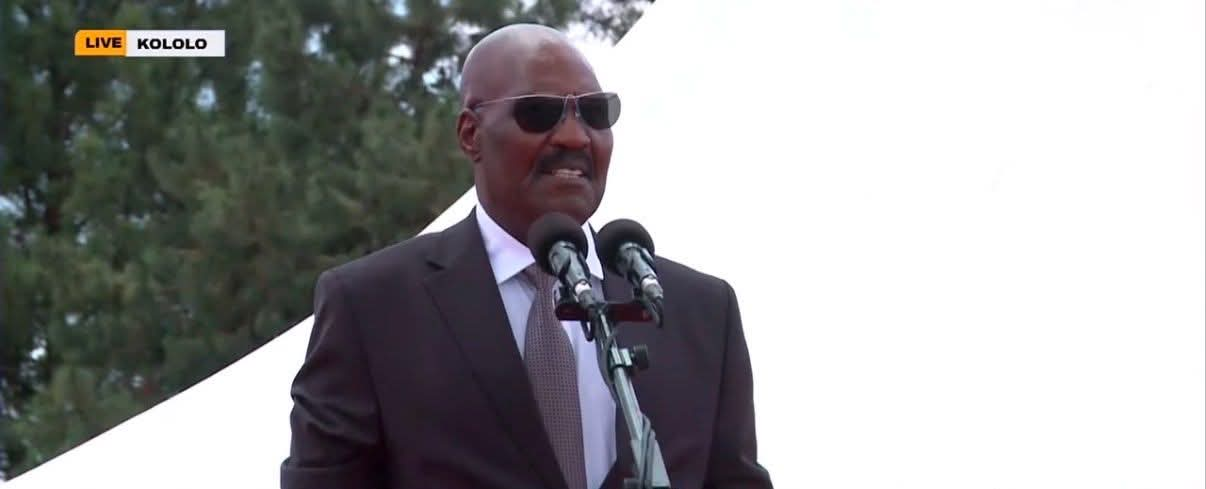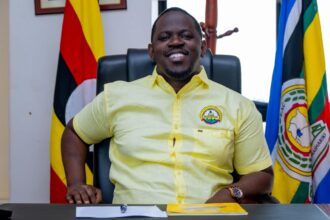For nearly forty years, Uganda has been governed by a man who once came to power as a liberator, promising an end to tyranny and corruption. General Yoweri Kaguta Museveni was hailed in 1986 as the leader who would rebuild a broken nation. Yet today, that same man presides over a government steeped in arrogance, tribalism, and impunity. His officials mirror his own attitude, a leader who once reminded citizens that he is “not a servant of anybody.” Those words revealed the truth at the core of Museveni’s rule power is not a duty of service, but a throne of entitlement.
Uganda’s political climate has been shaped by the deliberate promotion of tribalism and nepotism. Key positions in government, the army, and police are dominated by individuals tied to the president by blood, or region. Loyalty, not competence, is the true passport to power.
The consequences are severe, many appointees are unqualified for the roles they hold. Out of fear that capable professionals might expose their weaknesses, they plunder resources quickly, knowing their tenure is fragile. Nepotism, therefore, is not just unfair it breeds corruption.
Officials who feel undeserving often resort to theft, bribery, or extortion to secure themselves before they are replaced.
This insecurity also explains the arrogance and impunity in state offices. Leaders who lack legitimacy use excessive force not out of strength, but out of fear. Security officers abuse citizens because they know their authority rests not on law but on loyalty to the regime.
Violence becomes their shield, arrogance their language.
The betrayal of Uganda’s Constitution deepened this culture. In 2005, term limits were scrapped, and in 2017 the age limit was removed amid scenes of bribery and violence in Parliament. These amendments were not reforms but survival tactics designed to keep one man in power indefinitely.
Even more disturbing is the shield of impunity granted to Uganda’s security forces. Ugandans know the horror of “drones” unmarked vans used to abduct opposition supporters during and after the 2021 elections. Families waited months for loved ones, many of whom returned broken by torture, while others never came back. Silence from the top has been deafening.
The arrogance is not only in major crises but in everyday life. Just at Shell Kyanja CCTV cameras captured (ASP) Clive Nsiima slapping a woman during a confrontation. The incident caused national outrage, yet there will be no serious action to restore the dignity of the lady and the force as well. Silence again became endorsement for inhumane behavior.
Land grabbing tells a similar story From Amuru in the north to Mubende and Kayunga in central Uganda, communities have been evicted violently to pave way for regime-linked investors. Soldiers, instead of defending citizens, are deployed to dispossess them. Families lose ancestral land, while the powerful expand their estates.
Uganda is paying the price at the moment, Citizens live in fear of their own government, trust in institutions has collapsed, and hope for justice is fading. A country that once dreamed of renewal now struggles under a system built on loyalty to one man instead of service to the nation.
But no government built on arrogance and nepotism lasts forever. Citizens may be silenced temporarily, but their collective memory and desire for justice cannot be erased. The more leaders cling to power through fear, the deeper they dig the pit of their eventual downfall.
Uganda’s youth, the majority of the population must reflect on this bitter reality. They are the ones most affected by unemployment, abductions, land evictions, and police brutality. They must refuse to inherit tribal divisions or accept arrogance as normal governance. True leadership is not entitlement, it is service. It is not silence in the face of in-justice, it is courage to defend the powerless.
As the country Celebrates 63 years of Independence, and look back at nearly four decades of Museveni’s rule, one truth is clear, arrogance and impunity may dominate a season, but they cannot define Uganda’s destiny. That destiny belongs to a younger generation willing to rise above fear, demand accountability, and rebuild a nation on justice and equality.
The author, is a Social Development specialist and CEO Bridge Your Mind Centre.
Email; bwani.jose@gmail.com
Do you have a story in your community or an opinion to share with us: Email us at Submit an Article








